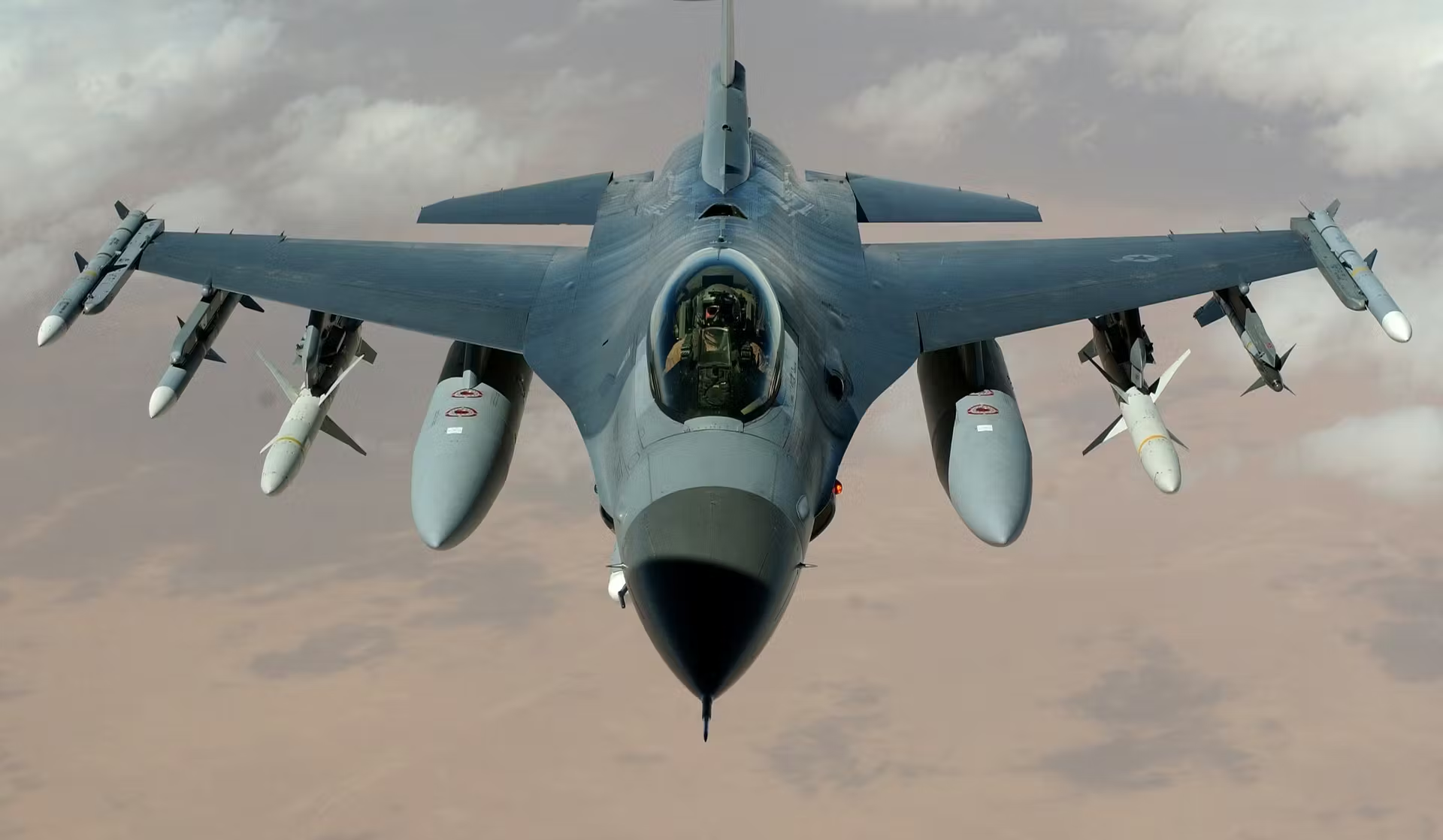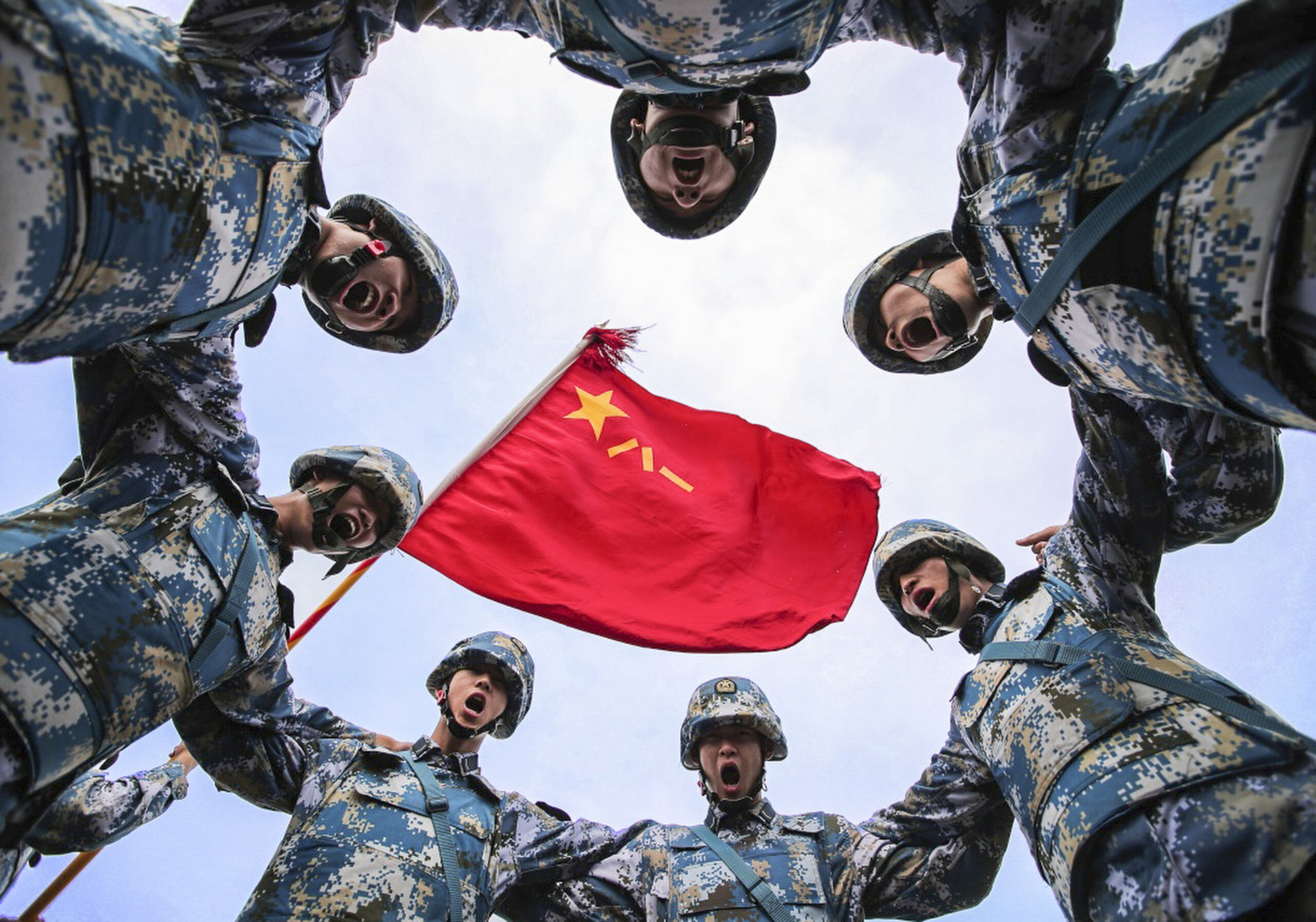Francis Tuschek
Taiwan is set to dispatch officials at the deputy minister level to the United States for the rollout of its first F-16 Block 70 jet among a total of 66 units. Minister of National Defense Wellington Koo (顧立雄) announced this during a legislative committee meeting on Thursday, while noting that the US has already shared a preliminary guest list for the event, which he deemed inappropriate to disclose further details about at this time.
Air force Chief of Staff Lieutenant General Wang Te-yang (王德揚) indicated that the air force’s deputy chief of staff would join the deputy defense minister for the significant occasion, which is expected to take place “soon.”
With the introduction of the F-16 Block 70, Taiwan’s air force will operate two variants of the F-16; the existing F-16 Block 20 is under an upgrade process known as the Feng Chan Project (鳳展計畫). The addition of new hardware, such as the AIM-120D air-to-air missiles supplied by the Fourth Tactical Wing’s 22nd Tactical Fighter Group, has notably bolstered the air force’s capabilities against potential aerial threats.
After a year of training, the F-16V jets from the Fourth and Fifth Tactical Fighter Wings have successfully conducted exercises with AGM-88 anti-radiation missiles to simulate attacks on the radar systems of the Chinese People’s Liberation Army (PLA).
Additionally, the Ministry is exploring the procurement of electronic warfare pods to enhance the capabilities of the F-16V fleet, aiming to include this expenditure in the fiscal 2026 budget.
In related news, a five-day military readiness exercise involving all three branches of the armed forces is set to begin on Monday. This unscripted exercise will replicate real combat scenarios to better prepare military units for potential invasions. The military will also keep a close eye on PLA “gray zone” activities, which may conceal real invasion threats, while conducting its own drills to heighten readiness for any conflict escalation.
To add depth to this year’s Han Kuang drills, the ministry has extended the use of computer-assisted simulations to 14 days and live exercises to 10 days. Reports from military-affiliated Youth Daily News revealed that Lieutenant General Chen Wen-hsing (陳文星), commander of the Sixth Army Corps, convened a meeting with staff officers to strategize for the upcoming exercises, focusing on promptly mobilizing troops in response to unforeseen events.



